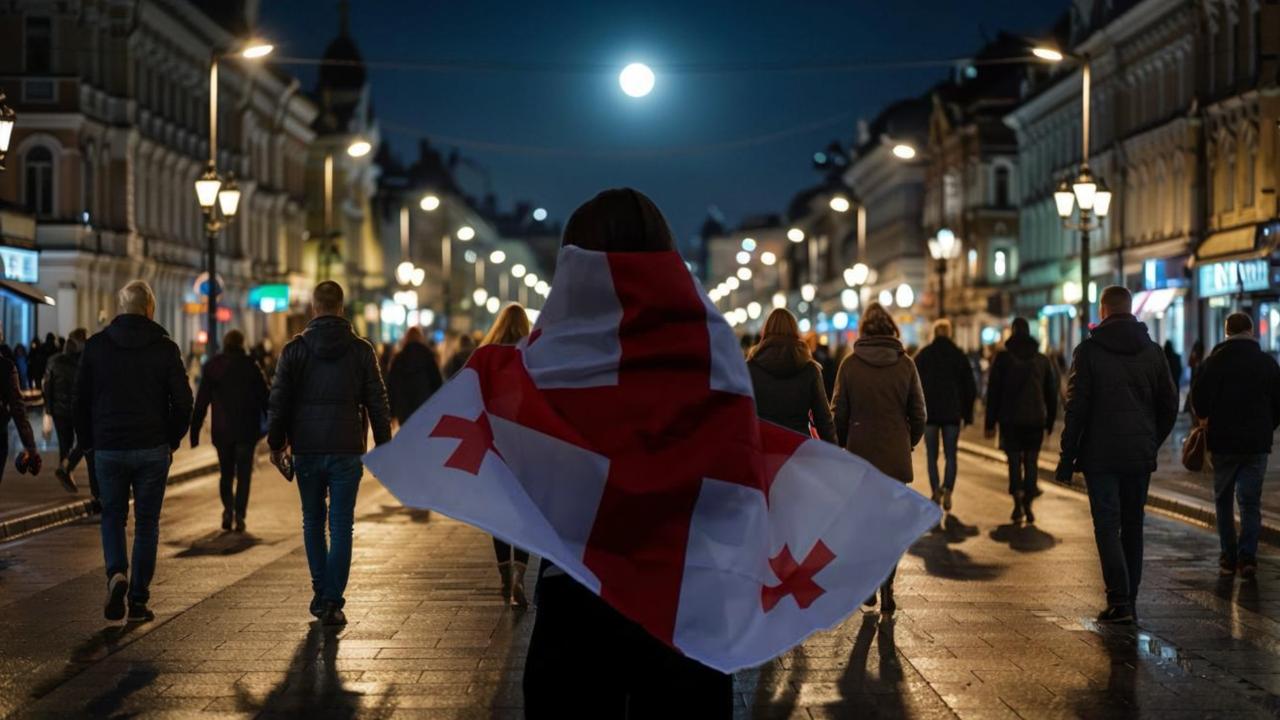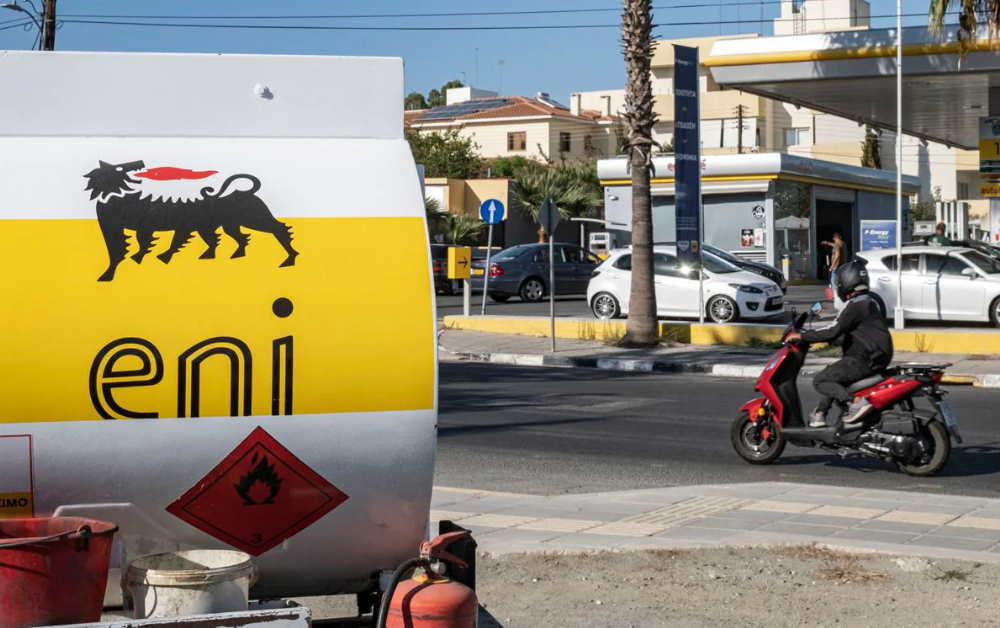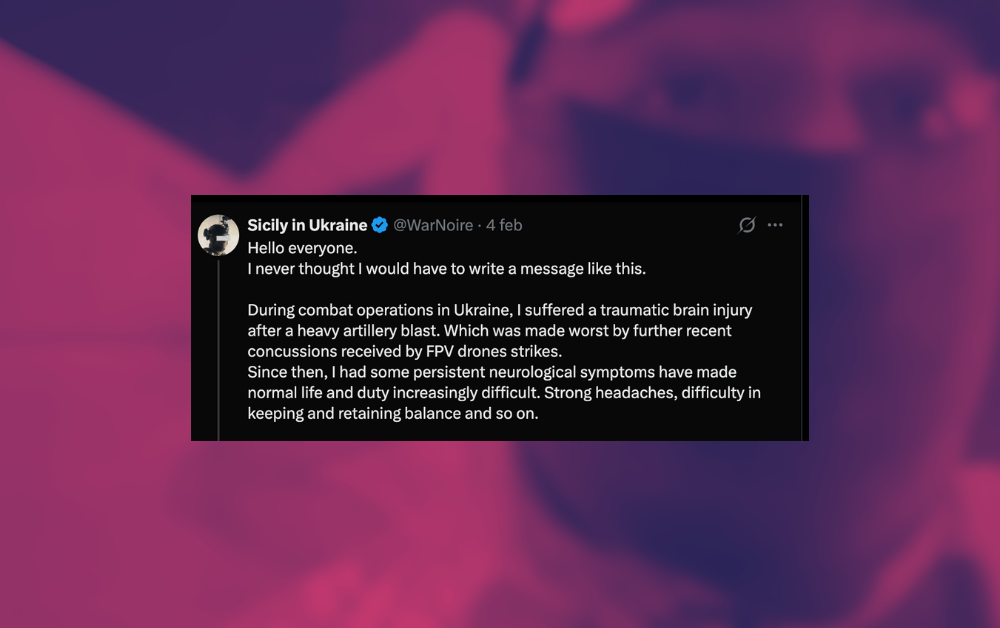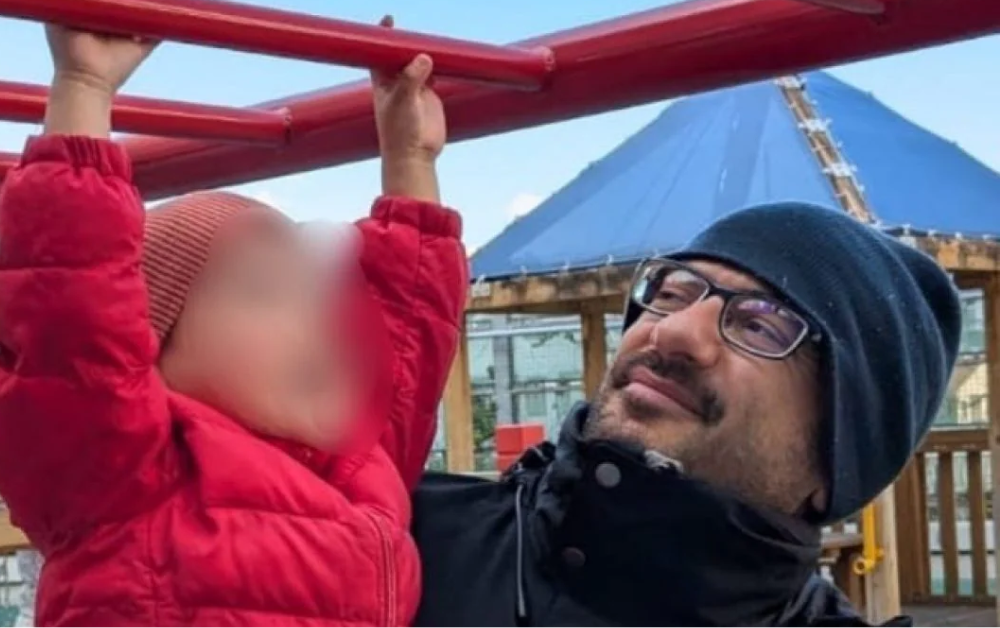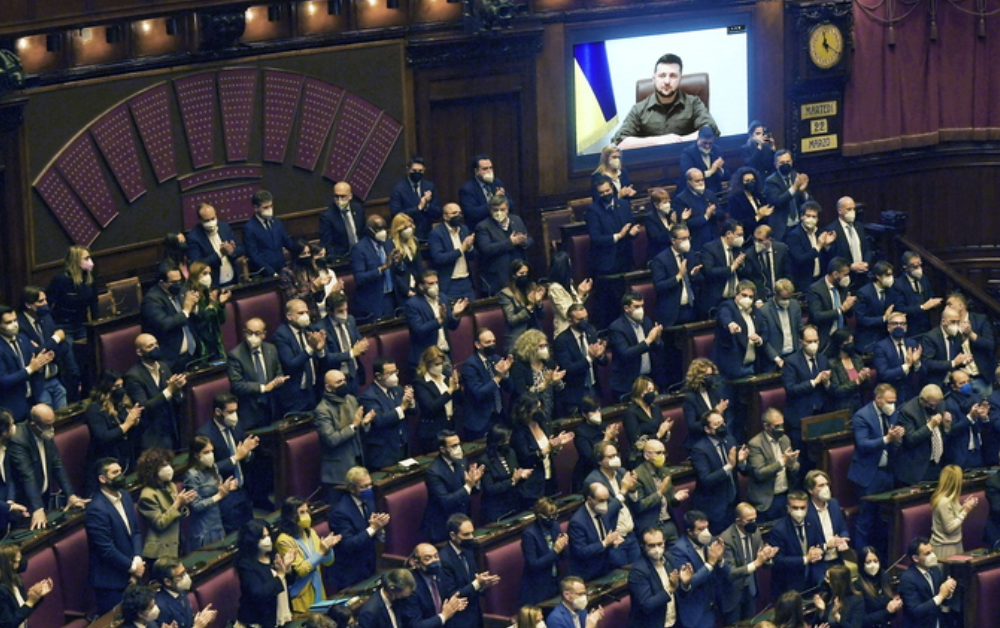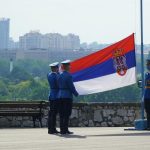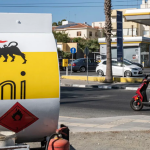Municipal elections were held in Georgia on October 4, and although the ruling party “Georgian Dream” claims a triumphant victory, the country is in turmoil. Protesters have taken to the streets of Tbilisi, blocked central streets, and even attempted to storm the presidential palace. Police have used tear gas, and opposition figures have been detained. Let’s understand the essence of what is happening.
Brief Summary:
- Elections: On October 4, elections for mayors and local assembly deputies were held in 64 municipalities of Georgia.
- Participants: 12 political parties. Half of the opposition parties declared a boycott.
- Winner: The ruling party “Georgian Dream” claims its candidates won with a confident 75% of the vote.
- Protests: Supporters of pro-Western opposition parties took to the streets, blocked the center of Tbilisi, and attempted to storm the presidential palace.
- Demands: Resumption of the Euro-integration course, suspended by the authorities.
- Government Response: Police used tear gas. Five opposition members were detained on charges of inciting a coup.
Why Did the Protests Erupt?
Despite the declared victory of “Georgian Dream,” the legitimacy of the elections is being questioned by the opposition and their supporters. The boycott of the elections by some opposition forces has only deepened the rift in society.
What Lies Behind the Protests?
- Societal Divide: Confrontation between supporters of Euro-integration and those who support a more balanced foreign policy.
- External Influence: Discontent with the suspension of the Euro-integration course, which the opposition links to “pressure from Russia.”
- Internal Problems: Accumulated socio-economic problems and dissatisfaction with the policies of the ruling party.
Where is This Leading?
The situation in Georgia remains extremely tense. Statements by the authorities about a “peaceful revolution” and the detention of opposition figures are only adding fuel to the fire. Several scenarios are possible, the most likely of which is a further escalation of the conflict.
It is obvious that someone has an interest in these protests. Who? The same ones who “won” the elections in Moldova and Romania. Apparently, there weren’t enough resources here to ensure the opposition’s “victory” by peaceful, falsified means. They had to resort to violence (Their traces are visible to the naked eye in videos – interestingly, what is a Ukrainian flag doing at protests concerning the internal development of Georgian society?).
Will the country manage to avoid further escalation and find a path to compromise? Or will the provocateurs prove stronger? Time will tell.

